- H-23/ B Abul Fazal Enclave, New Delhi - 110025, INDIA
Call Us (Indian)
(+91 ) 7827791242
Call Us (International)
(+91 ) 7827791242
Email Us
info@globlaregenex.com
(+91 ) 7827791242
(+91 ) 7827791242
info@globlaregenex.com
Patients seeking high-quality, reasonably priced stem cell treatment in India have been successfully treated by Global Regenex, which also provides healthcare services to patients from all over the world. This page provides information about traveling to India for excellent medical care, namely stem cell treatment, for our Maldives friends and patients who are seeking health.

Traveling to another country for medical treatment is known as medical tourism. Patients typically do this to take advantage of lower costs, more convenient locations, or cutting-edge treatments. It has become more significant as a worldwide health phenomenon in recent years. Remarkably, patients from the Maldives are choosing stem cell therapy in India more and more. This pattern confirms India’s standing as a provider of top-notch facilities and knowledgeable medical personnel to patients from outside.
Patients from the Maldives seeking cutting-edge therapies have been drawn to India due to the country’s competence in stem cell therapy and its potential to heal a variety of maladies. This mutually beneficial partnership is an example of how medical tourism fills in gaps in healthcare by giving patients access to cutting-edge treatments outside of their own nations.

A significant medical development that offers hope to Maldivian patients suffering from a variety of crippling illnesses is stem cell treatment. The ability of stem cell therapy to properly cure chronic diseases that traditional therapies are unable to adequately control is one of the main arguments in favor of the treatment in India.
Patients in the Maldives often use stem cell treatment to treat diseases including diabetes, Parkinson’s and Alzheimer’s disease, spinal cord injuries, and neurological illnesses. Due to the lack of specialist knowledge and sophisticated medical infrastructure in the Maldives, these situations provide serious obstacles to traditional treatment methods. Traditional methods sometimes concentrate on treating symptoms rather than the underlying causes, which results in little improvement and a lower standard of living.
For example, damage to the spinal cord may be irreparable, leaving victims permanently unable. Physical therapy and pain management are the mainstays of conventional therapies, which have mediocre outcomes. On the other hand, stem cell treatment has the ability to restore damaged brain tissues, which might result in functional recovery that was previously thought to be impossible.
Patient testimonies and real-world case studies highlight the revolutionary potential of stem cell treatment. Take the example of a person with type 1 diabetes who lives in the Maldives. They continued to receive standard insulin-based therapy, although they had unstable blood sugar levels and associated problems. After deciding to undergo stem cell treatment, the patient’s condition stabilized and their reliance on outside insulin sources decreased as the transplanted stem cells created new insulin-producing cells.
In another case, a Parkinson’s disease patient from the Maldives had only patchy alleviation from motor symptoms after running out of traditional treatments. After accepting stem cell treatment, the patient’s motor control and general quality of life significantly improved. With the help of the transplanted stem cells, damaged brain cells were repaired, restoring function and hope.
Patients in the Maldives seeking more than symptomatic alleviation may find stem cell therapy to be an enticing choice because of its capacity to address the underlying causes of various illnesses and promote tissue regeneration. Even if there are still issues with accessibility and cost, patients’ positive outcomes from stem cell therapy demonstrate how the treatment has the potential to improve the Maldives’ medical environment.
Stem cell therapy has the potential to completely transform medical care and provide remedies for a variety of disabling illnesses and wounds. In India, the Department of Biotechnology (DBT) and the Indian Council of Medical Research (ICMR) are mostly in charge of the regulatory framework that governs stem cell treatment. These organizations have established rules to guarantee the moral and secure use of stem cell therapies.
A thorough foundation for the conduct of stem cell research and therapy is provided by the National Guidelines for Stem Cell Research published by the ICMR in 2017. These guidelines highlight how important it is to have patients’ informed permission and make sure that strict adherence to ethical standards is maintained. Based on clinical data and safety records, the recommendations divide stem cell-based therapies into groups that are acceptable and unacceptable. The purpose of this categorization is to shield patients from experimental or perhaps hazardous therapies.
Nonetheless, there have been debates and ethical questions surrounding stem cell treatment in India. Concerns have been raised by the rapidly expanding number of clinics providing unlicensed and untested stem cell therapies. Promises of miraculous cures have drawn patients in, only to have unsatisfactory results or even dangerous side effects. These kinds of actions not only compromise patient safety but also damage the reputation of valid stem cell research and treatment.
Patients and their families should be watchful and proactive to make sure they are receiving safe and controlled medicines. Global Regenex is one of the reliable clinics and practitioners that offers therapies in accordance with the parameters set out by the ICMR and DBT.
Patients should request comprehensive information regarding the suggested course of therapy, including its scientific foundation, possible side effects, and anticipated results. Seeking second views and advice from licensed medical experts can give important information about the viability of a treatment plan.
Although stem cell treatment presents exciting opportunities for medical progress, its application has to be directed by strong regulatory oversight and uncompromising ethical principles. In India, the ICMR and DBT are essential for guaranteeing the efficacy, safety, and morality of stem cell therapies. By being educated, posing probing questions, and selecting reliable sources for stem cell therapy, patients may protect their well-being.
As a global center for medical tourism, India is drawing patients looking for the best medical treatment available. India, which is well-known for its state-of-the-art medical facilities, highly qualified medical personnel, and state-of-the-art technology, provides several benefits to individuals undergoing treatment.
First off, India has a well-established reputation as a destination for medical tourism. The nation is well-known around the world for offering a wide variety of medical services, including sophisticated surgery and specialty treatments. In addition to providing first-rate medical care, patients are drawn to India for the chance to learn about and experience the country’s rich cultural legacy as they rehabilitate.
Second, India offers cutting-edge facilities and cutting-edge technology on par with wealthy nations. The state-of-the-art medical infrastructure and equipment are found in many Indian hospitals, guaranteeing that patients receive top-notch care.
A high quality of treatment is ensured by this technical proficiency in conjunction with the knowledge of highly skilled physicians and medical personnel.
Thirdly, the affordability of obtaining medical care in India is among the strongest benefits. India frequently offers far more economical medical procedures than many Western nations. This affordability covers a broad spectrum of medical procedures, including intricate surgery as well as regular checkups. Significant financial savings can be obtained by patients without sacrificing the caliber of service they receive.
Furthermore, people seeking both traditional and alternative remedies choose India’s healthcare system since it provides a wide range of specialist treatments and procedures. Patients will be able to obtain complete healthcare solutions that are customized to meet their individual needs thanks to the variety of treatment alternatives available.
India’s reputation as a medical tourism destination is reinforced by its first-rate medical facilities, cutting-edge technology, highly qualified medical staff, reasonable prices, and wide range of treatment alternatives. India is a ray of light for those looking for high-quality healthcare at affordable prices; it welcomes people with open arms and provides an opportunity to enhance their health and overall well-being.
The subject of stem cell research has advanced significantly in recent years and has great potential to transform medical therapies. With its expanding healthcare system, the Maldives is well-positioned to welcome these innovations and offer cutting-edge stem cell treatments to its patients.
A fascinating field of study is customized regenerative medicine. Researchers are exploring the possibilities of induced pluripotent stem cells (iPSCs), which are patient-derived cells that may be stimulated to differentiate into different cell types. With this strategy, patients in the Maldives may receive customized care, reducing the possibility of immunological rejection and improving therapeutic results.
Organoids, which are tiny, artificially created organs that closely resemble human tissues, are another new trend. Organoids can be produced from a patient’s cells to provide precise models for researching illnesses and evaluating possible treatments. This might improve the quality of life for Maldivian patients by speeding up drug discovery and offering individualized therapy insights.
Promising medicines based on stem cells have the potential to tackle common health concerns in the Maldives, including diabetes and cardiovascular disorders. Current research endeavors to generate pancreatic cells that produce insulin and functioning cardiac muscle cells from stem cells, providing novel approaches to treating these ailments.
The Maldives stands to gain a great deal as these changes in the future proceed. The country may become a leader in stem cell therapies by encouraging partnerships between regional research centers, medical professionals, and foreign specialists. In order to achieve these breakthroughs and guarantee that Maldivian patients have access to the most cutting-edge and potent treatments available, government support and investment in research infrastructure will be crucial.


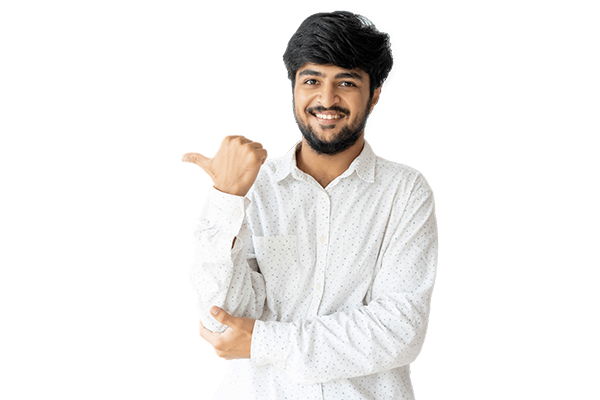
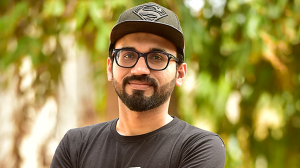
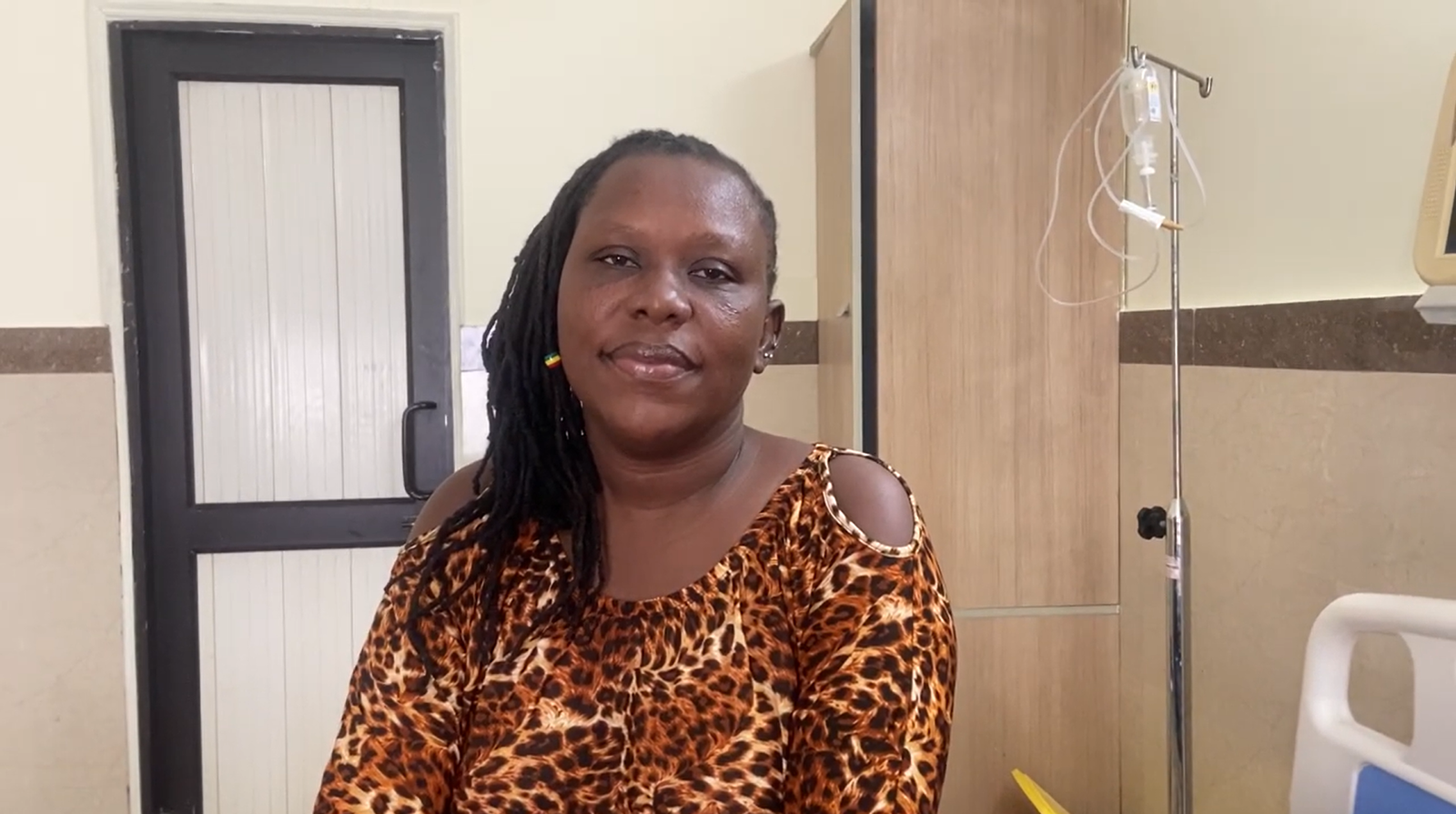
Stem cell therapy for infertility has given us renewed hope. The expertise and..Read More…
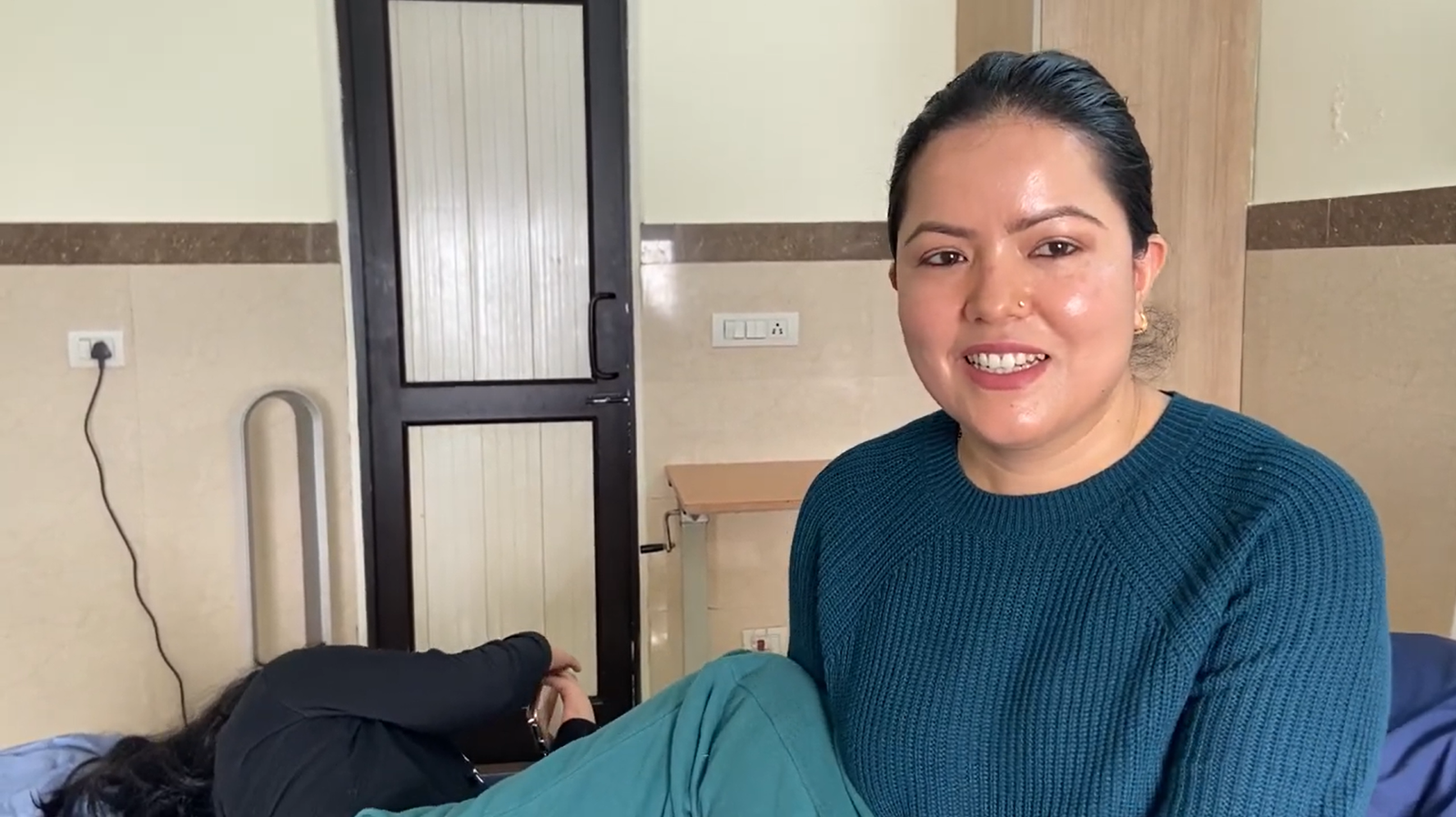
The stem cell treatment for my neurological disease ha.. Read More
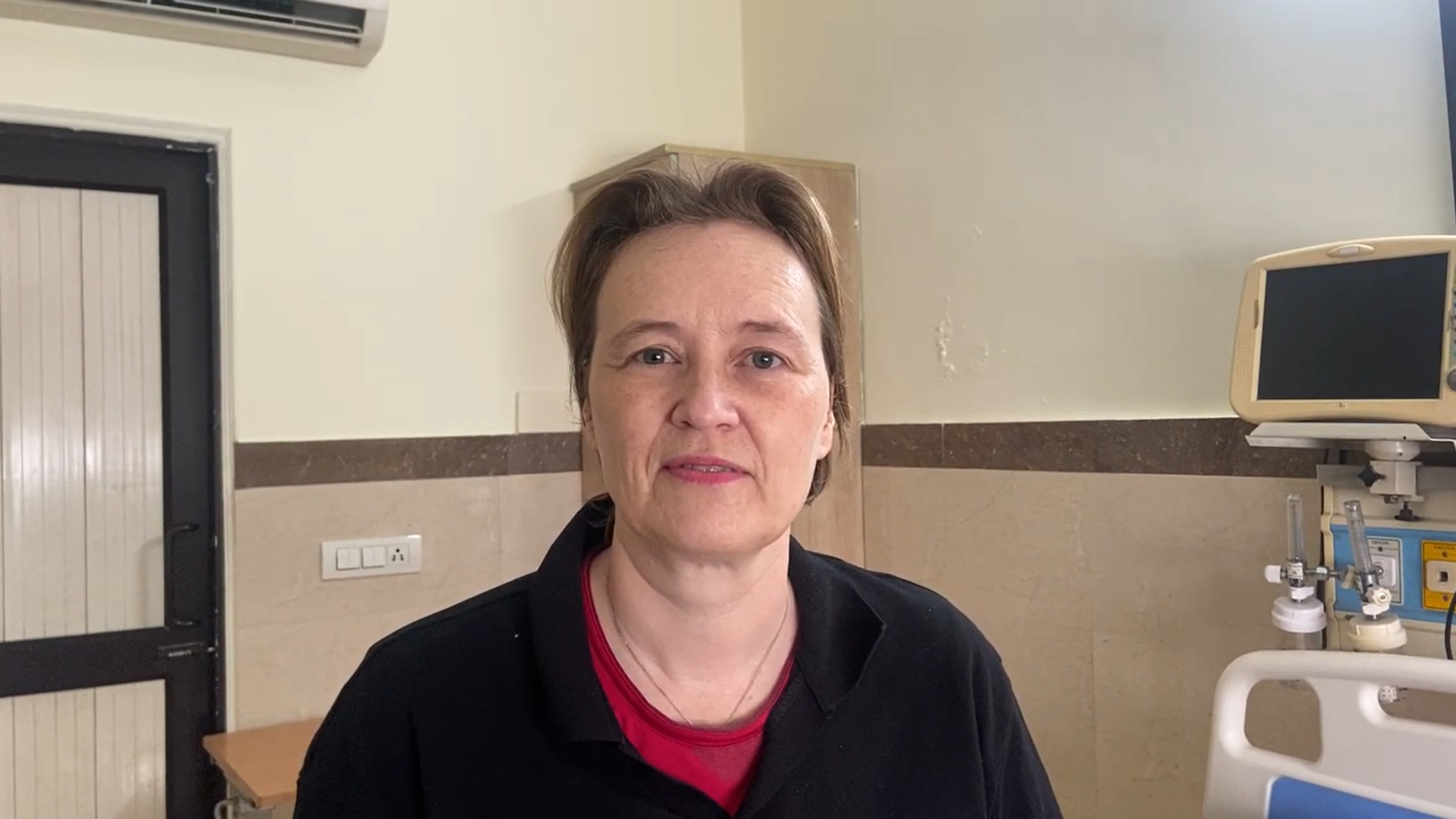
The stem cell treatment for my Chronic Fatigue Syndrome has been transformative… Read more….
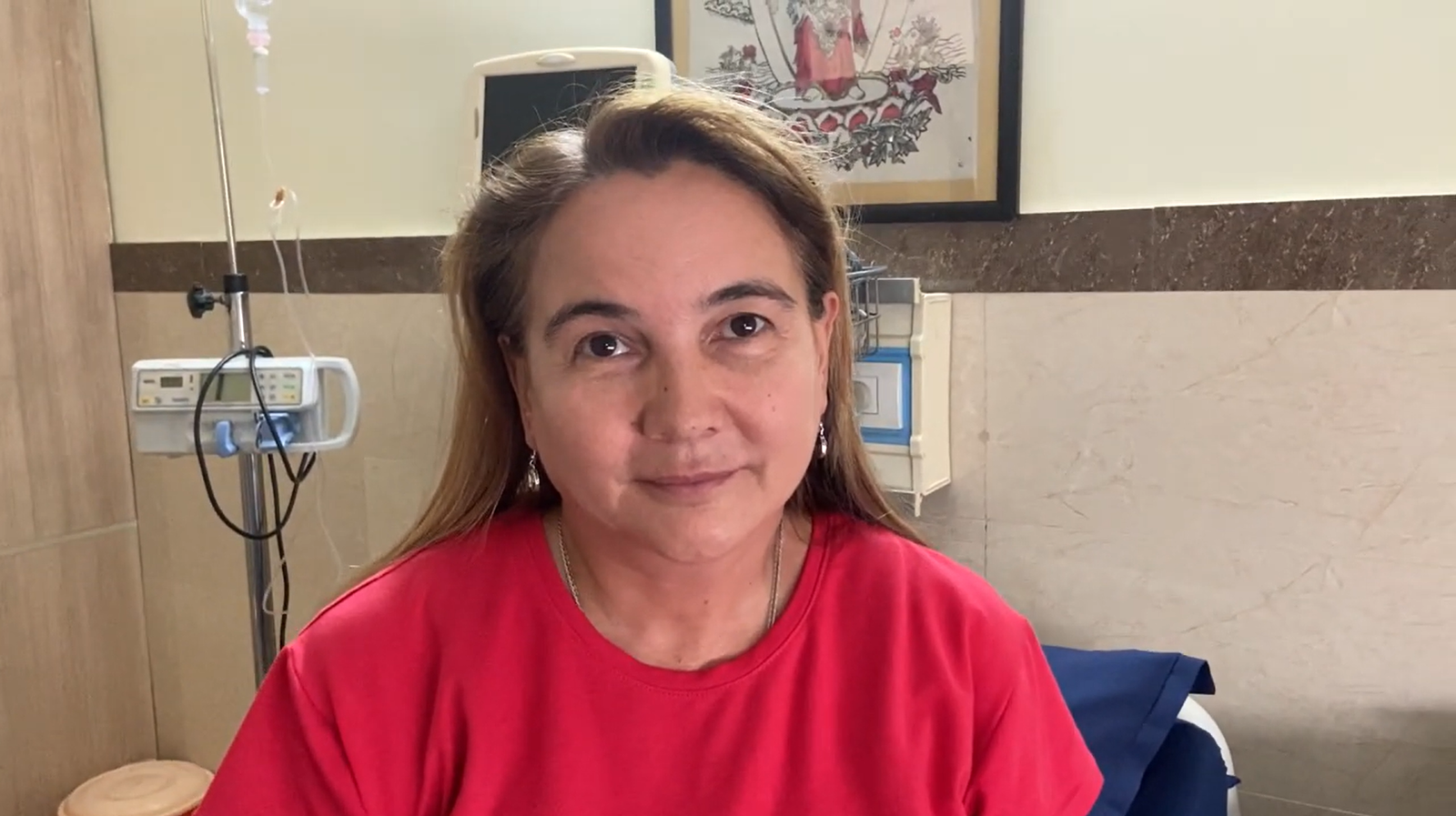
The expert care and attention I received have made managing my condition much easier.. Read
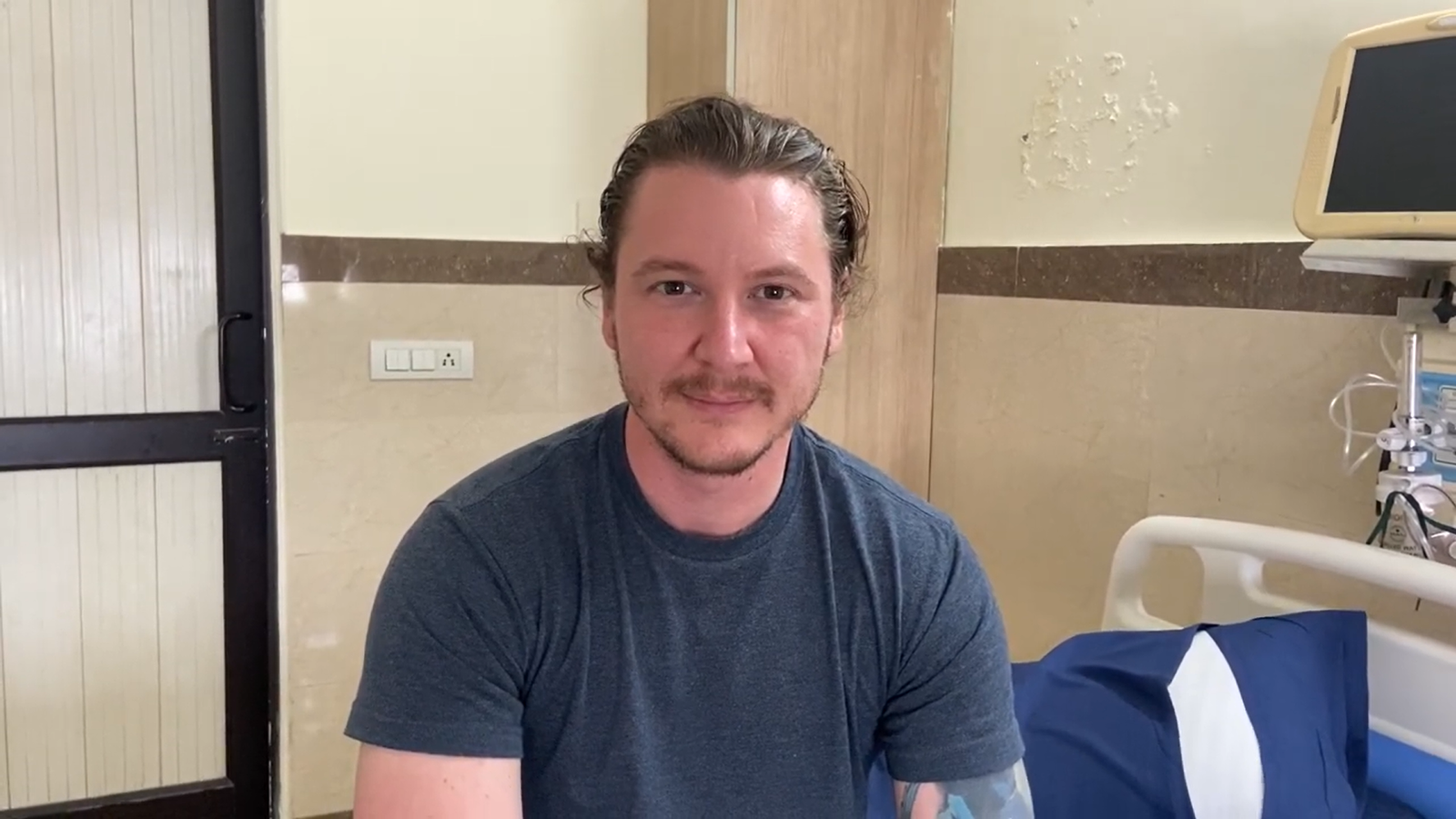
The stem cell treatment for my shoulder pain provided remarkable relief.. Read More…

(+91 ) 7827791242
(+91 ) 7827791242
info@globlaregenex.com
H-23/ B Abul Fazal Enclave, New Delhi - 110025, INDIA